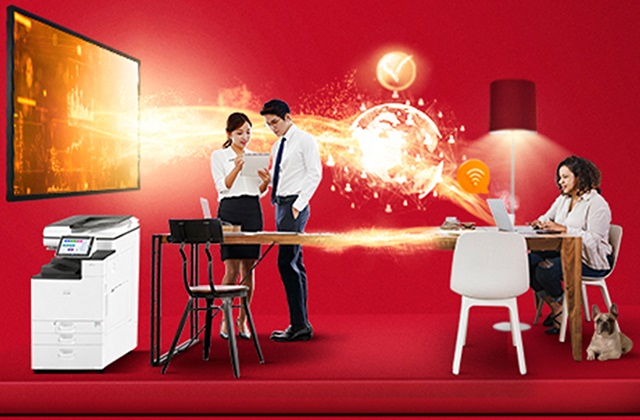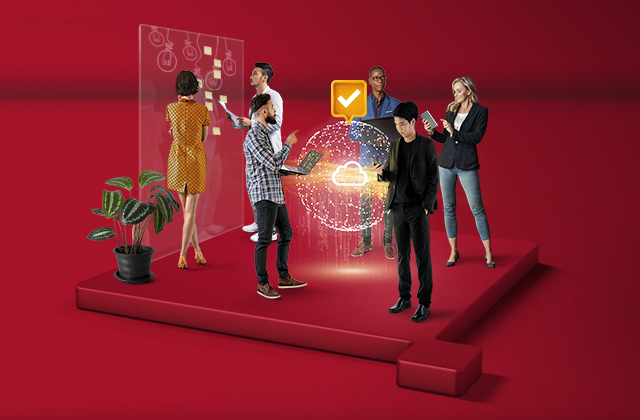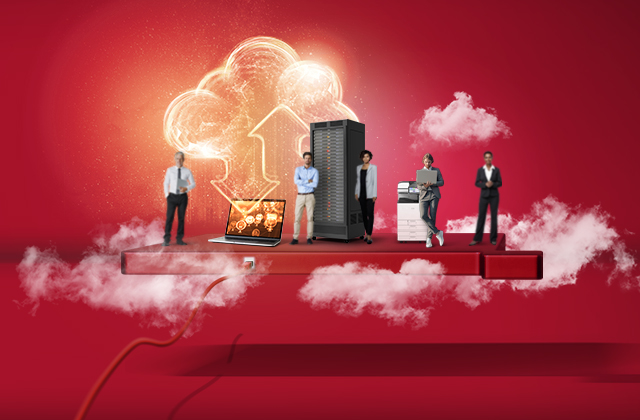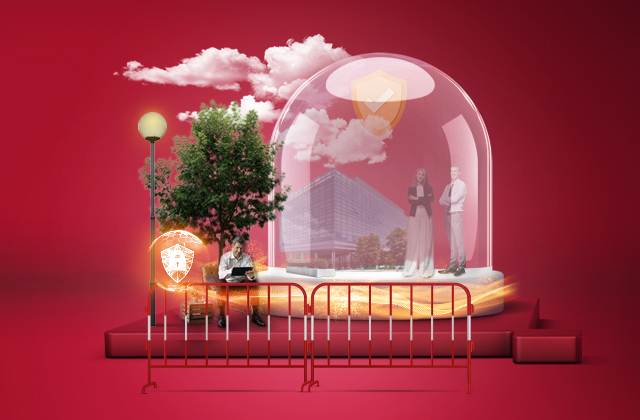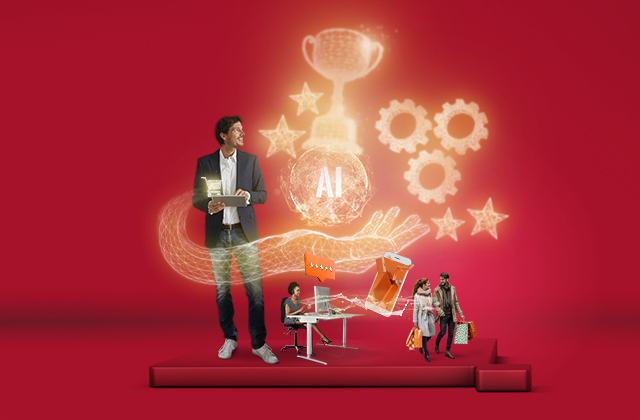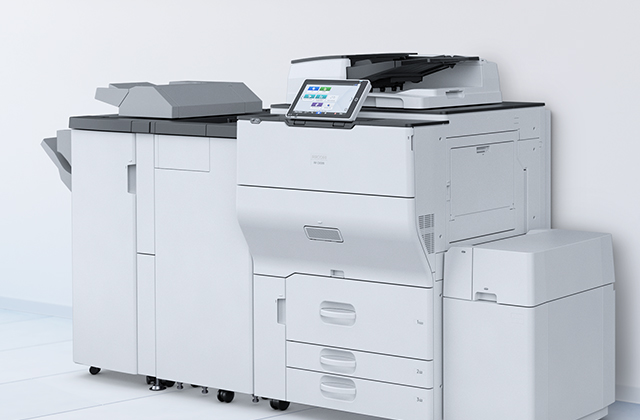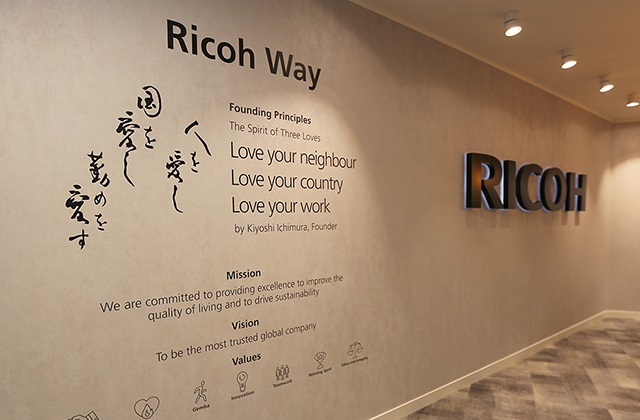Head to many office districts across Europe on a Friday and you’d be forgiven for thinking you’d strayed into something of a ‘ghost town’.
As daily office attendance ceases to be a requirement and flexible working becomes increasingly enshrined into working contracts, the way we interact with the office has shifted. In the UK, the typical in-office week has narrowed from Tuesday to Thursday as employees increasingly ask: why do I go to the office, and what do I get from it? It’s a similar story throughout the continent, with over 50% of workers in countries such as Sweden, Ireland, Luxembourg and the Netherlands working remotely at least some of the time.
In fact, new Gartner research finds that 60% of HR leaders report that employees see no compelling reason to come into the workplace.
It's a challenge that HR teams are striving to tackle as they seek to reinforce company culture and create a great place to work for their employees. Ultimately, to incentivise attendance and reap the benefits of a hybrid workforce, businesses need to offer more than desks and computers. HR leaders must rethink the office space to ensure that their employees are happy and engaged, supporting them to do their best work and retaining top talent.
So, as governments across Europe consider legislation cementing the right to flexible work, how can people managers understand new office requirements and facilitate a seamless, collaborative office experience?







